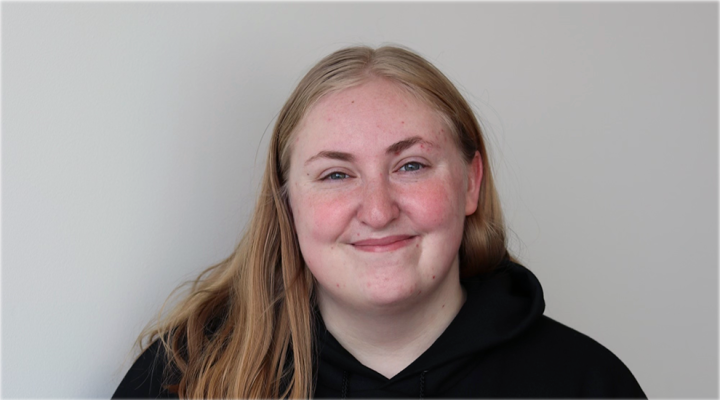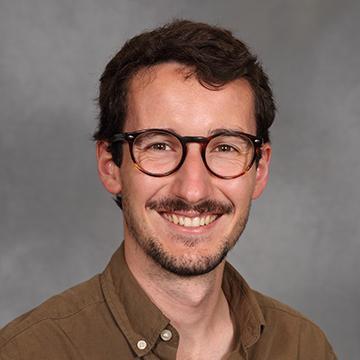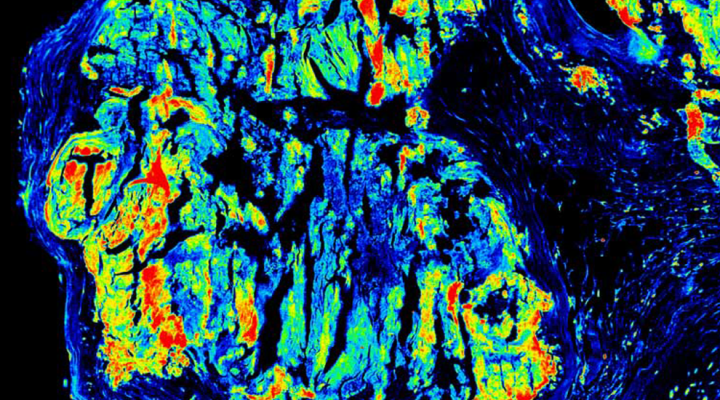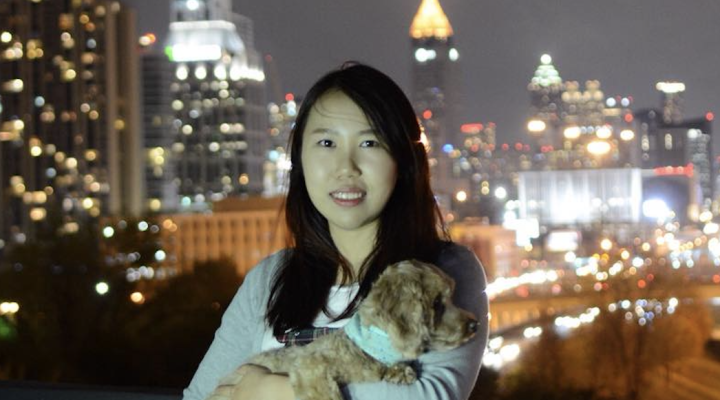Tomás Rossetti spent the first 26 years of his life in Santiago, Chile. When he was in middle school the city of roughly six million people undertook a radical reorganization of its public transportation system. The new system was called Transantiago and it was designed to address long-simmering problems with the old system: safety issues for drivers and passengers, inconvenient and overlapping routes, and unacceptable levels of noise and air pollution.
 Transantiago was eagerly anticipated--and turned out to be bitterly disappointing. There were not enough buses, too many transfers required between buses, and uncomfortable crowding in the city’s subway. “The process was a mess,” says Rossetti. “Everyone was angry about this and public transportation was right at the forefront of everybody's mind for a really long time, in terms of fares, waiting times, reliability and pollution issues.”
Transantiago was eagerly anticipated--and turned out to be bitterly disappointing. There were not enough buses, too many transfers required between buses, and uncomfortable crowding in the city’s subway. “The process was a mess,” says Rossetti. “Everyone was angry about this and public transportation was right at the forefront of everybody's mind for a really long time, in terms of fares, waiting times, reliability and pollution issues.”
Rossetti was a self-described nerd who did well in school and this awareness of transportation issues was not lost on him. As high school graduation approached he found himself sitting on the fence between majoring in architecture and majoring in engineering. “I might not have been able to put it into words at the time, but I was very interested in cities and the interaction between urban systems and the people who live in them and use them,” Rossetti says.
This interest led him to Pontificia Universidad Católica de Chile and an undergraduate degree in civil engineering with a focus on transportation engineering. Rossetti continued at Católica for another year and earned his M.S. in transportation and logistics engineering, working with Profs. Patricia Galilea and Ricardo Hurtubia.
Rossetti credits both Galilea and Hurtubia with opening his eyes to how enjoyable and satisfying research can be. “They really taught me what research is,” Rossetti said. “It's a very creative process, and valuable research questions can come from anywhere. Just living your life and wondering about the things you encounter and then extrapolating that to more people and realizing, ‘Oh, this might be an interesting question--let's dig into that. How can we do that? How can we get data?’”
Rossetti stayed in Santiago two more years after earning his Masters, working as a Graduate Research Assistant with Professor Hurtubia at the Center for Sustainable Urban Development on topics related to perceptions of public spaces. When it was time to apply to doctoral programs, Rossetti had a conversation with Ricardo Daziano, who is an associate professor in Cornell’s School of Civil and Environmental Engineering (CEE) and a Field Faculty member of Systems Engineering as well.
They clicked right away and it was clear to Rossetti that he could come to Cornell and explore questions of travel behavior and econometrics that interest him greatly. Now starting his fourth year in Ithaca, Rossetti focuses on understanding how statistical tools and mathematical models of decision making can be used to predict people’s transportation preferences. Not unexpectedly, the COVID-19 pandemic added an interesting and relevant aspect to his research. Rossetti has been assessing people’s preferences for certain types of COVID tests as related to cost, accuracy, and speed of results. He is also looking at whether COVID and mask usage have affected people’s transportation preferences.
Rossetti hopes to graduate with a Ph.D. in Systems Engineering from Cornell sometime in 2023 and then find a job in industry where he can use the tools and knowledge he has gained to help companies analyze their data, fine-tune their pricing, and provide better service. Toward this end, Rossetti has been a Ph.D. intern with Uber since May 2022 working with the surge pricing team. “How you do that surge pricing really affects how many people use your product, who uses your product, and what time they’ll use it, so doing it well can impact the customers and the company deeply,” Rossetti says.
Even today when Rossetti talks about his career goals, you can hear the lasting impact of Santiago’s disastrous switch to Transantiago and how it helped crystalize his wish to be part of a transportation system solution that actually works for people.




 Transantiago was eagerly anticipated--and turned out to be bitterly disappointing. There were not enough buses, too many transfers required between buses, and uncomfortable crowding in the city’s subway. “The process was a mess,” says Rossetti. “Everyone was angry about this and public transportation was right at the forefront of everybody's mind for a really long time, in terms of fares, waiting times, reliability and pollution issues.”
Transantiago was eagerly anticipated--and turned out to be bitterly disappointing. There were not enough buses, too many transfers required between buses, and uncomfortable crowding in the city’s subway. “The process was a mess,” says Rossetti. “Everyone was angry about this and public transportation was right at the forefront of everybody's mind for a really long time, in terms of fares, waiting times, reliability and pollution issues.”
